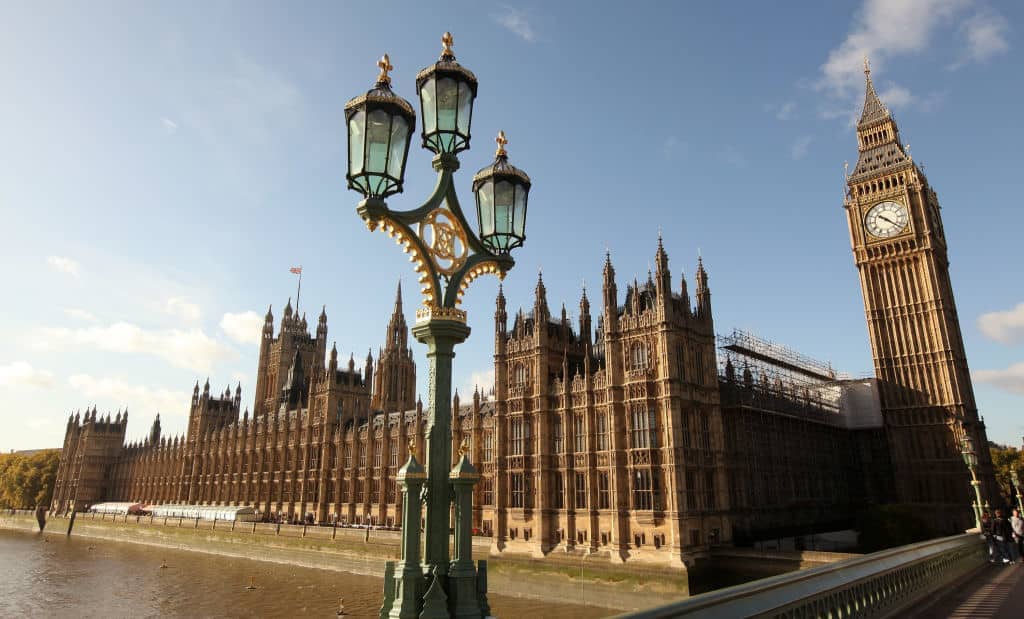Are MPs underpaid? Yes, according to Sir Peter Bottomley, who declared that life on an MP’s salary of £82,000 can be ‘really grim’. In saying so, Bottomley succeeded in uniting his fellow MPs – who would rather not have to deal with a further round of anger at their pay and conditions – and the general public – who resent having to pay for their elected lords and masters in the first place. But the furious backlash doesn’t mean Bottomley isn’t right.
In Parliament, as anywhere else, you get what you pay for. If we want a better class of MP, it’s time to splash the cash. Not everyone sees it this way, of course. An unnamed ‘senior Government source’ sniped that Bottomley’s suggestion was ‘totally out of touch with reality and does not reflect Conservative views or values’.
But while the news cycle has moved on and the anger died down, the problem Bottomley identified remains. At the core of the issue are three facts which are hard to reconcile and mean that this debate isn’t going to go away.
The job of an MP is too important for us to be driving talent away by trying to get it done on the cheap
The first is that £82,000 is a very decent wage. The median full-time employee earns around a third of this figure. The second is that a not inconsiderable chunk of workers’ pay goes towards financing the running of the state, including MPs’ salaries. Understandably this breeds resentment.
The third is that for the sort of talent we want in the role, £82,000 really isn’t enough.
After the last year, we should be under no illusions about the degree of power MPs hold to make this country a better – or worse – place. They vote through the laws that allow the government to set the country in lockdown, or deny it the ability to do so. They determine the degree of wriggle room given to courts in sentencing serious offenders. And they are ultimately responsible for the economic policy decisions that determine our living standards.
It was recently calculated that if the US had loosened strict housing regulation in just three cities – New York, San Jose, and San Francisco – GDP in 2009 could have been 14 per cent higher. Do we really think that there are no comparable gains to be made in Britain?
If we paid each and every one of our 650 MPs £1,000,000 a year, and this pay rise resulted in a marginal – even a fractional – improvement in economic performance – say, lifting average earnings up by 0.14 per cent – it would be well worth it. It would raise enough tax revenue to cover the bill, while leaving everyone in the country substantially better off.
Hard-headed free marketeers who are among the first to defend the idea that bankers or corporate executives earn their pay by making hard decisions can become curiously coy when it comes to paying for a better quality of public servant. The glamour of politics and the distinction and honour of serving your country should, we are told, be sufficient. But while many good people are willing to do the job, despite the relatively low pay and the terrible working conditions, a great many more wouldn’t give it a second glance.
Becoming an MP is hard. It costs money – a lot of money – in travel and lost salary. You have to get the point of being selected as a candidate in the first place, paying your dues as a member of your party. Your reward for doing it is becoming the focal point for every local dissatisfaction with the state, from the potholes in the road up to the role climate change plays in foreign policy.
Your workplace is a bear pit filled with constant political bickering. And unlike other stressful jobs in investment banking or law, your life becomes fair play for the British press to dig into and report on. All this while you’re earning less than you probably could outside of politics.
Yes, a wage of £82,000 per year is in the top five per cent of the population, but you could comfortably earn more in law, medicine, finance – or even working at a reasonably senior level in a local council. Someone who is already earning more than £82,000 – a person who is very talented, and at the top of their professional game – may have financial commitments and habits that mean they aren’t going to make the switch unless they are independently wealthy, or extraordinarily motivated to be engaged in politics. And that motivation does not always make for the best practitioners.
The job of an MP is too important for us to be driving talent away by trying to get it done on the cheap. And if the idea of giving a pay rise to certain MPs sticks in the craw, look at it this way: sometimes, you have to grit your teeth, accept that you’ll overpay incumbents, and fork out so you get better in the future.







Comments